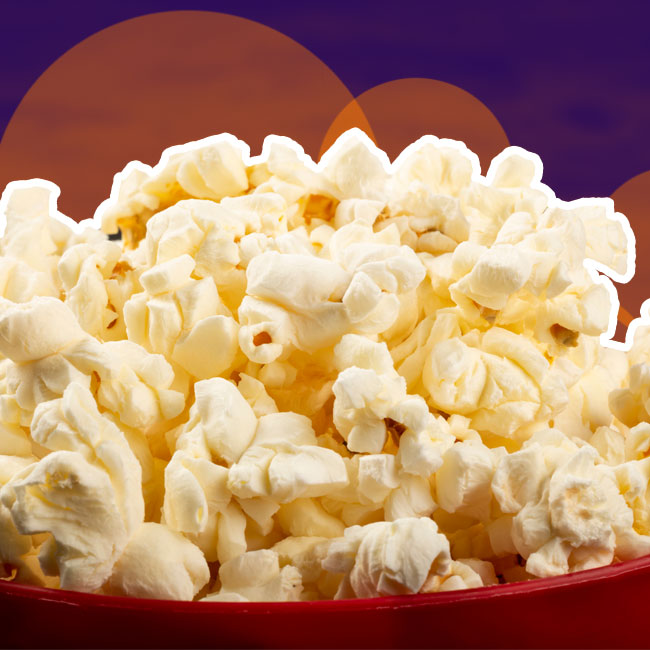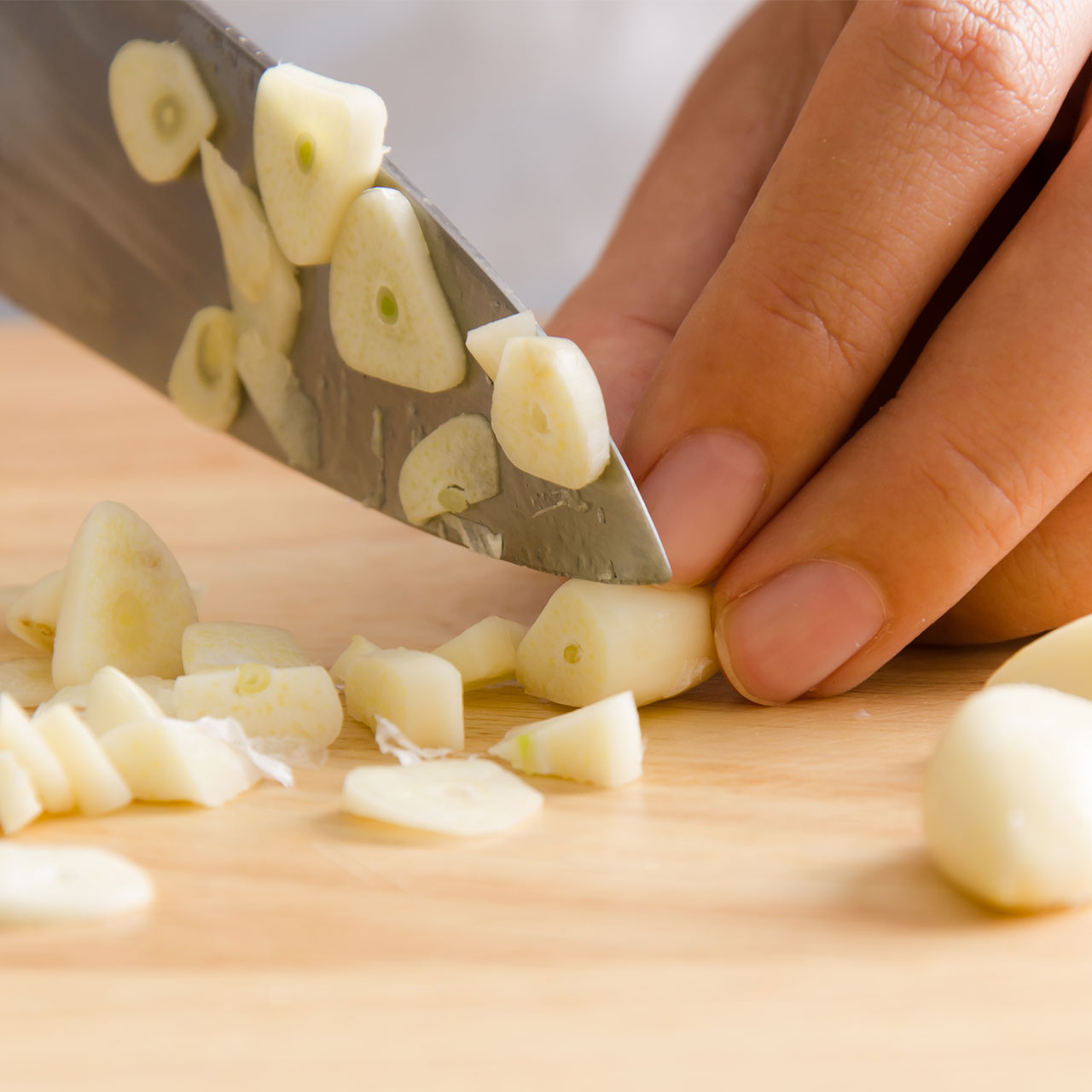This is an archived article and the information in the story may be outdated. Please check the time stamp on the story to see when it was updated last.
Bloating and inflammation affects all of us. Whether you experience chronic cases of bloating every day, or infrequent yet bothersome inflammation, it is important to pay attention to the causes of bloating. While it is always smart to talk to your doctor about health concerns, another great place to start when trying to stop bloating is taking a hard look at your diet. There are many foods that can cause inflammation – even several healthy foods.
“Generally, foods rich in carbohydrates are the main culprits of bloating— because they ‘escape’ digestion and consequently get caught up and fermented in the gut, wherein the process produces gas,” Niyla Carson, nutritionist at Fast Food Menu Prices, told SheFinds. Carson explained that even wheat, beans and lentils have been known to cause bloating.
“As basic as it sounds, the best way to prevent inflammation would be to avoid inflammatory foods and eat more anti-inflammatory foods instead,” Carson added. “To be more specific, avoid processed foods as much as possible. Replace these with foods rich in antioxidants, as this helps neutralize excess free radicals.”
We did some research to determine four common foods most people eat regularly that may be causing inflammation, without you ever realizing it. Read ahead to discover what you should cut back on.

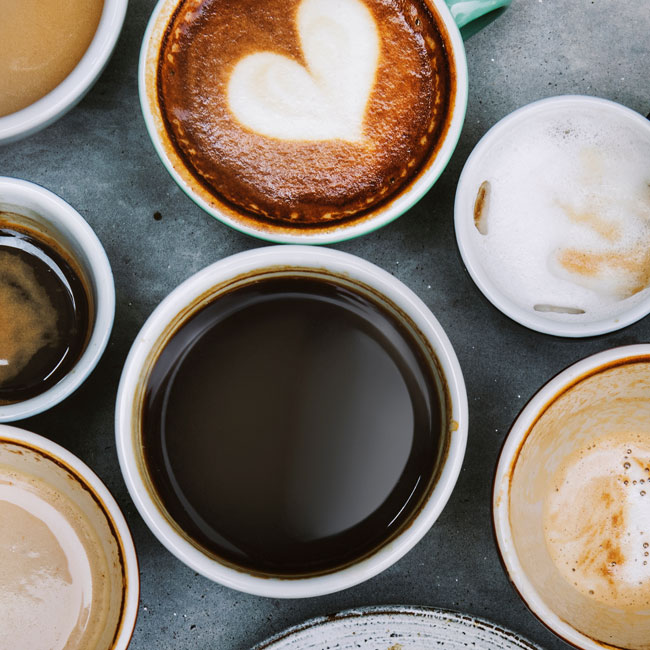
Coffee
Caffeine might be an essential part of your morning routine, but it is also what starts causing bloating every day. Dr. K.L. Ong, a physician and surgeon from Royal College of Surgeons in Edinburgh, told us that both the acid and caffeine in coffee are causes of inflammation.
“The caffeine in coffee and tea triggers an over-release of adrenaline from your adrenal gland, which is then countered with a release of your stress hormone cortisol,” Dr. Ong said.
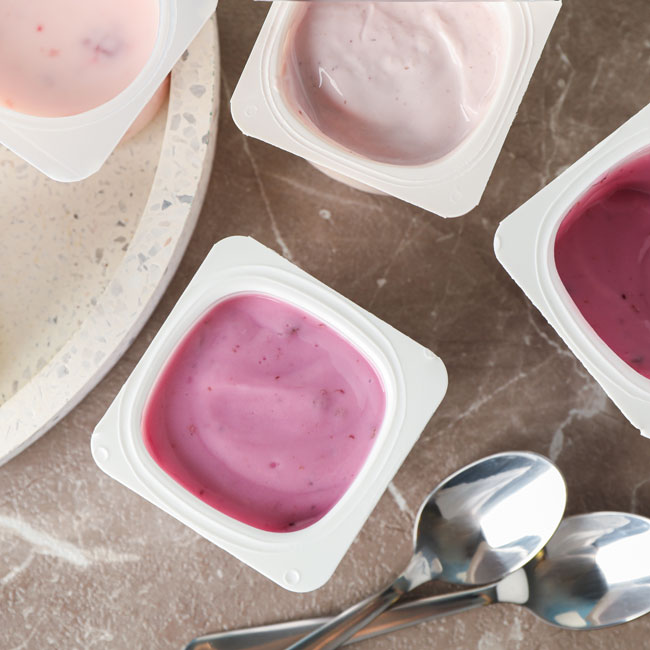
Yogurt
Even though yogurt is a healthy choice, it can cause bloating because of the lactose in dairy.
“To efficiently digest lactose, your body produces an enzyme called lactase. When you don’t have enough lactase, lactose can’t be fully digested, causing bloating and gas,” Dr. Ong explained.
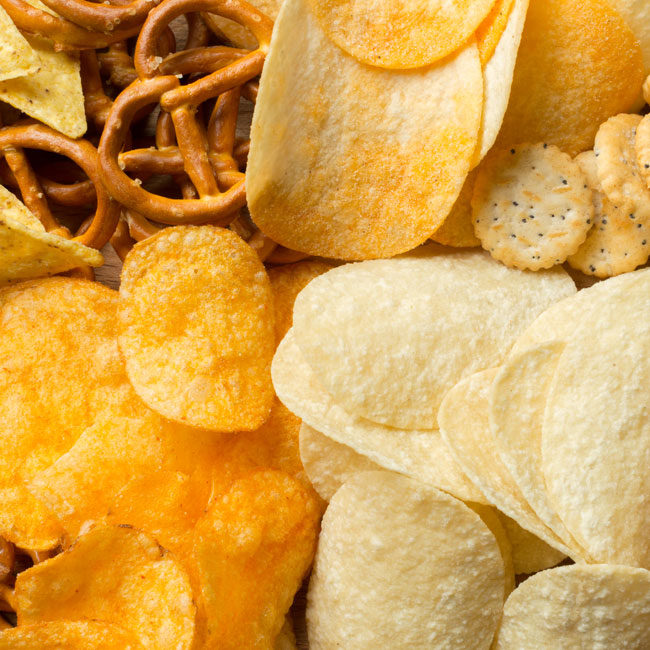
Salt
Salt may be one of the most common parts of your diet - as it is used to season just about everything - but it can also be a major source of your inflammation.
As Dr. Ong told us, “Every milligram of sodium attracts water, causing your body to retain water. The more salt you eat, the more bloating you’ll experience. Focus on eating clean foods that have a small and natural amount of salt.”
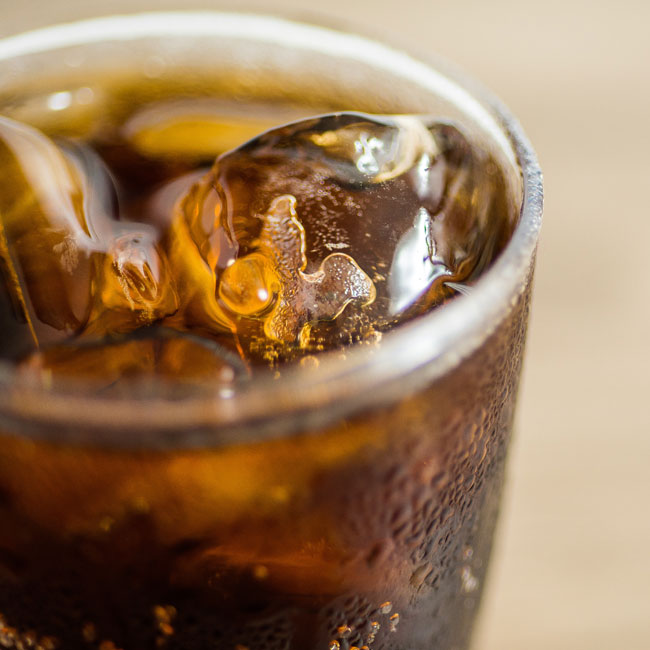
Soda
There’s no argument that soda is unhealthy, and according to Dr. Ong, it also causes bloating.
"All types of soda are full of chemicals, carbonation and either refined sugar or sugar-free sweeteners. I’ve learned that people are attached to their soda, so start by cutting your soda consumption in half each week, and eventually, you’ll be soda-free,” Dr. Ong advised. “As you do this, you won’t crave soda anymore, and you’ll be less bloated.”





